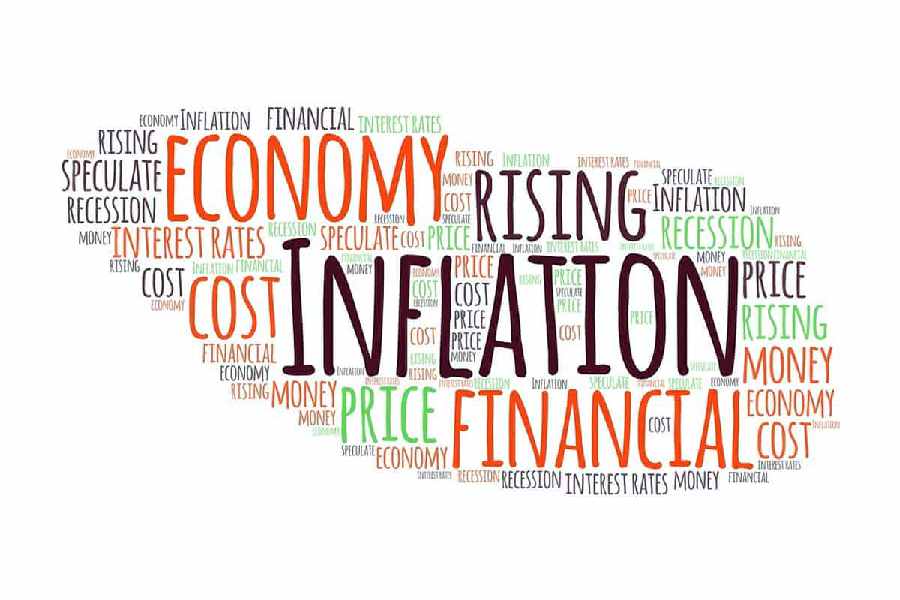The Reserve Bank should stop looking at food inflation in deciding interest rates and the government should explore giving coupons or direct cash transfer to poor to deal with higher food prices, the pre-budget economic survey said on Monday.
While the inflation rate has moderated in recent months, the RBI has refrained from cutting benchmark interest rates — which decide the rate at which home, personal and corporate loans are given by banks — citing elevated food inflation.
India introduced the inflation-targeting framework in 2016 under which the Reserve Bank of India (RBI) is mandated to keep retail inflation at 4 per cent, with a margin of 2 per cent on either side.
“India’s inflation targeting framework should consider targeting inflation, excluding food. Higher food prices are, more often, not demand-induced but supply-induced,” the Economic Survey 2023-24 said.
While retail inflation, measured by the movement in consumer price index, was at 5.08 per cent in June, food inflation was 9.36 per cent.
The RBI has kept interest rates unchanged since February 2023 on inflationary concerns.
Experts such as D.K. Srivastava, chief policy advisor at EY India, see this as an opportunity for a more growth-oriented monetary policy. “Excluding food inflation from the target could facilitate the easing of interest rates.”
Aditi Nayar, chief economist at Icra, said the survey acknowledges the need for government intervention in food price management alongside a potential shift in the RBI’s target.
The survey proposes alternative measures to address food price volatility, suggesting direct benefit transfers or targeted coupons for low-income consumers. This would allow the RBI to focus on managing demand-driven inflation through its monetary policy tools.
It warns of persistent core inflation driven by high service costs in advanced economies. This could delay potential interest rate cuts by these economies, impacting emerging economies such as India.
CPI recast
It proposed a more robust price monitoring system and a timely revision of the consumer price index (CPI) with fresh weights and item baskets based on the recently released data from the household consumer expenditure survey.
“The ongoing efforts to construct the producer price index for goods and services may be expedited to have a greater grasp of episodes of cost-push inflation,” the survey said.










